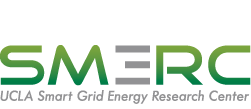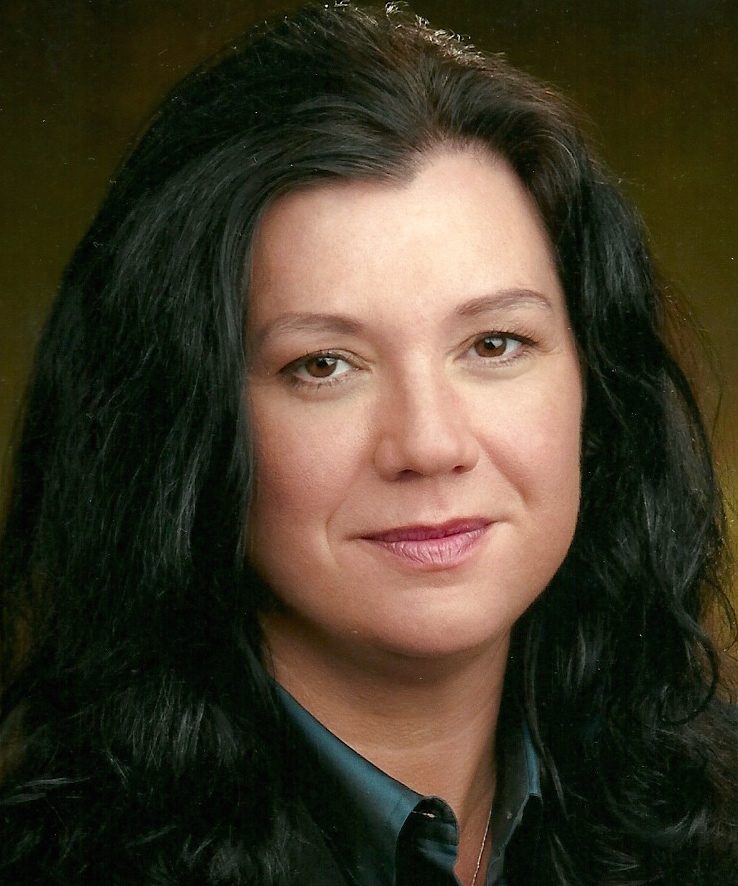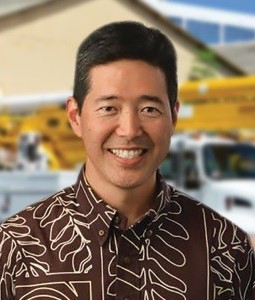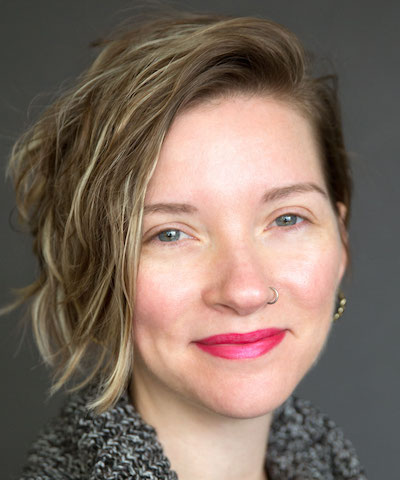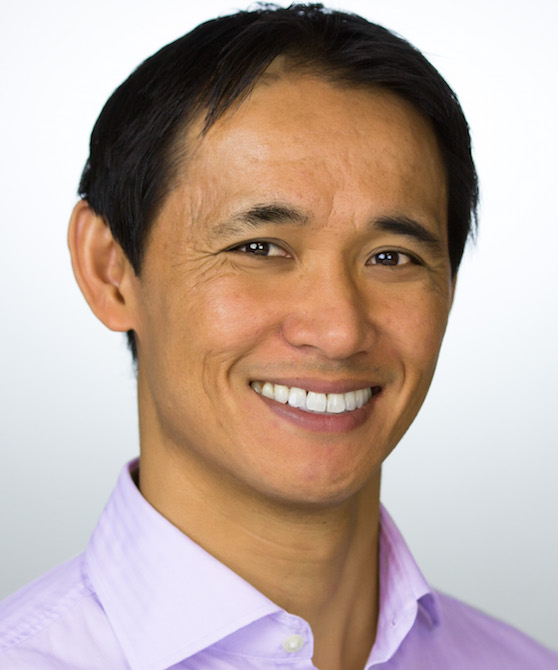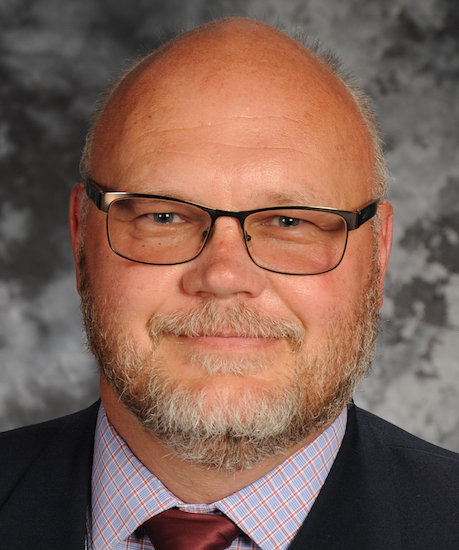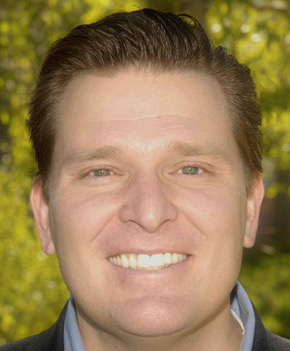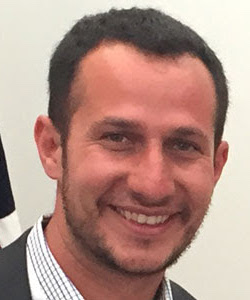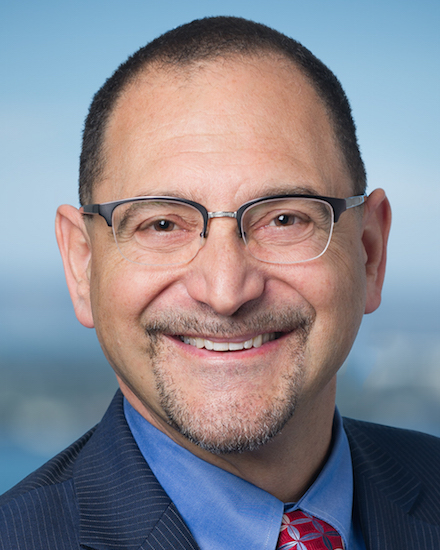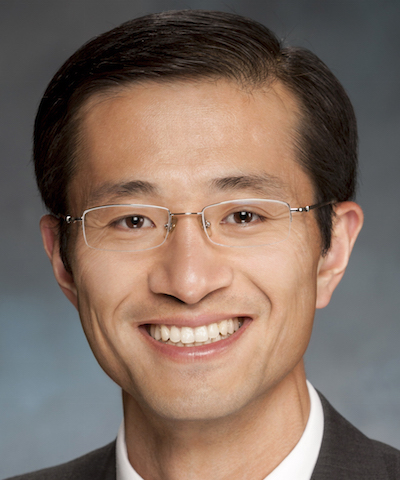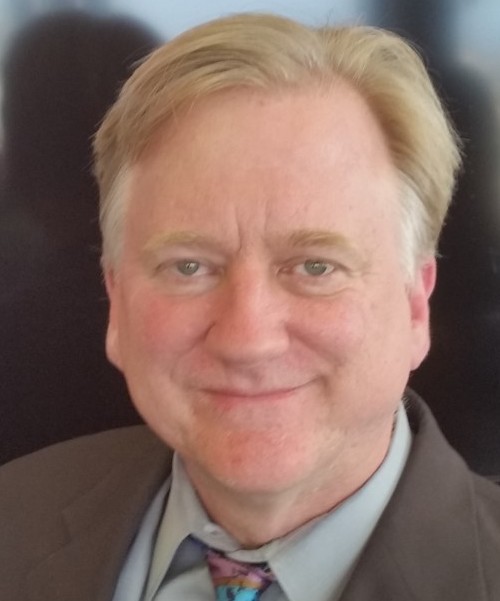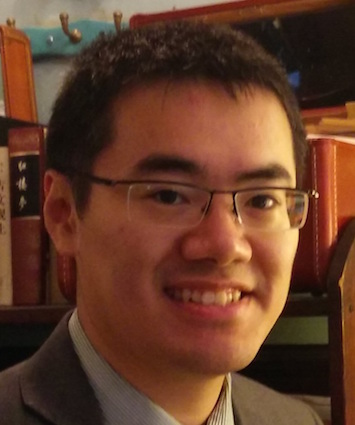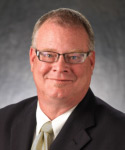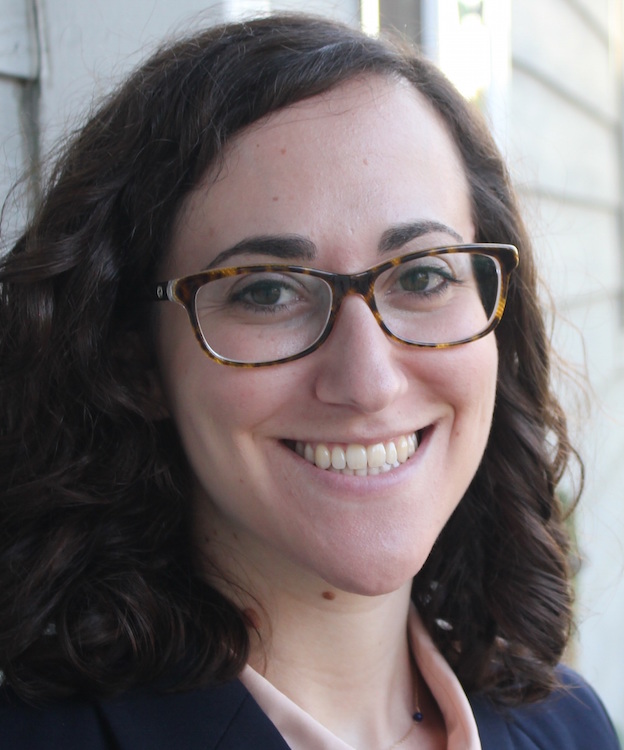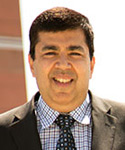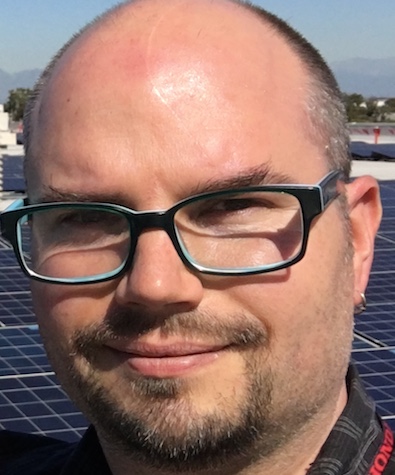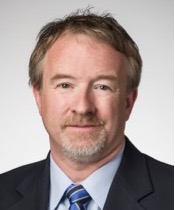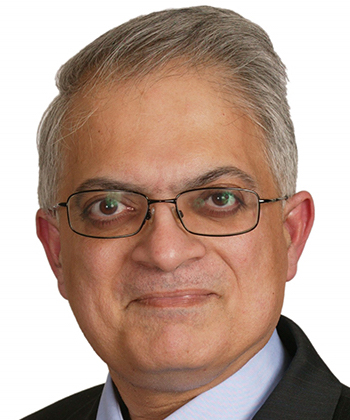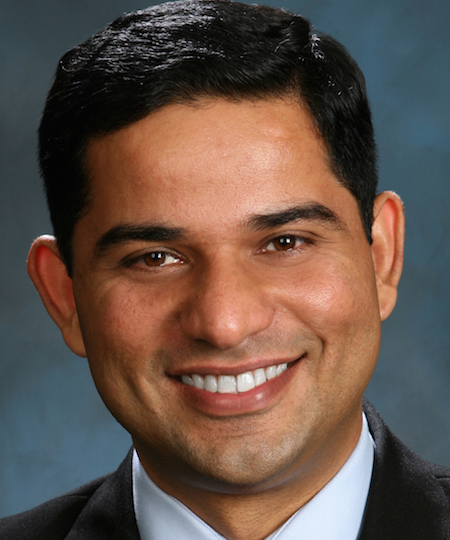
The North American electric grid today is witnessing the fastest pace of change since its creation about one hundred years ago. States such as California have seen a substantial rise in the amount of energy generated from solar photovoltaics (PV) on rooftops. These renewable energy resources which are distributed across the grid, often behind the meter, present a challenge to grid operations, management and control, as power generation from them is intermittent and often unpredictable. Simultaneously, Electric vehicles (EVs) are being added at a tremendous pace in California thereby increasing the load on the grid at various times of the day. While they may be considered as a load, their batteries may be exploited as energy storage devices utilizing Vehicle-to-Grid or V2G technology to compensate for intermittency caused by renewables. The continuous decline in the cost of solar PV and battery technology for EVs is expected to further propel their growth resulting further in rapid increase in complexity of balancing the demand and supply of electricity on the grid. Batteries from used EVs meanwhile are now starting to appear in the market and they offer the potential of being utilized in "second life" mode to balance the grid. Management of these two distributed energy resources (DERs), generation and storage, along with management of consumption - is a major area of research and investigation across California, the United States and the rest of the world. The integration of advanced technologies, consumer preferences, innovative pricing models and regulatory policies to address the above opportunities and challenges would achieve a modern grid that allows for higher penetration of renewables, increase in the number of electric vehicles, higher energy efficiency, improved grid security and resiliency, and, reduced outages. The grid of the future would be composed of DERs which may be integrated within a local sub-grid (via nanogrid, microgrid, or, minigrid*), whereby the distribution utility is managing each of these sub-grids or even aggregators of these sub-grids. DR programs could therefore be greatly simplified for the utilities as they would be able to obtain larger amounts of DR per meter and the business, control and transactional models for DR can be simplified. The tremendous advances in smart EV charging, V2G, embedded controllers, communications, Cloud software, Artificial Intelligence and Machine Learning, Data Science, and Software, present a unique opportunity for research and innovation to support the Modern Grid using DER technologies. Our one-day workshop at UCLA is to address the opportunities, challenges and future of the DERs to pave the way for a Modern Grid Distribution System supporting objectives of the grid operator including resilience, reliability and security and a clean energy economy. Background of SMERC: (i) SMERC has collaborated with Los Angeles Department of Water and Power in its $120M DOE-funded Smart Grid Demonstration Project or SGRDP. To achieve the SGRDP goals, UCLA installed a test-bed consisting of over 100 electric vehicle charging stations in the UCLA campus, a 100KW BESS integrated into a building grid, Solar PV monitoring and its integration with BESS, a Vehicle-to-grid or V2G system, a DC fast charger, 30 refrigerators within the campus housing, LED lighting controls and electric driers. These are networked, monitored and controlled via a variety of algorithms enabling a unique model and architecture for DER. (ii) SMERC is working on a California Energy Commission funded research project in the Southern California Edison territory in the City of Santa Monica to create a microgrid enabled with control system that integrates the following DERs: BESS, EV, V2G, Smart Charger, and, Solar PV. This system serves multiple simultaneous objectives including PV generation curve smoothing with BESS, local voltage regulation with BESS, Using V2G for fleet operations, controlling peak demand as a result of DC fast charging of EVs. Sponsorship: This event is sponsored by SMERC and ESmart. 
We are currently accepting speaker nominations: 
Previous speakers have included:
|
UCLA Campus |
ESmart Members:
Applied Systems Engineering, EPC Power Corp, Microvast
